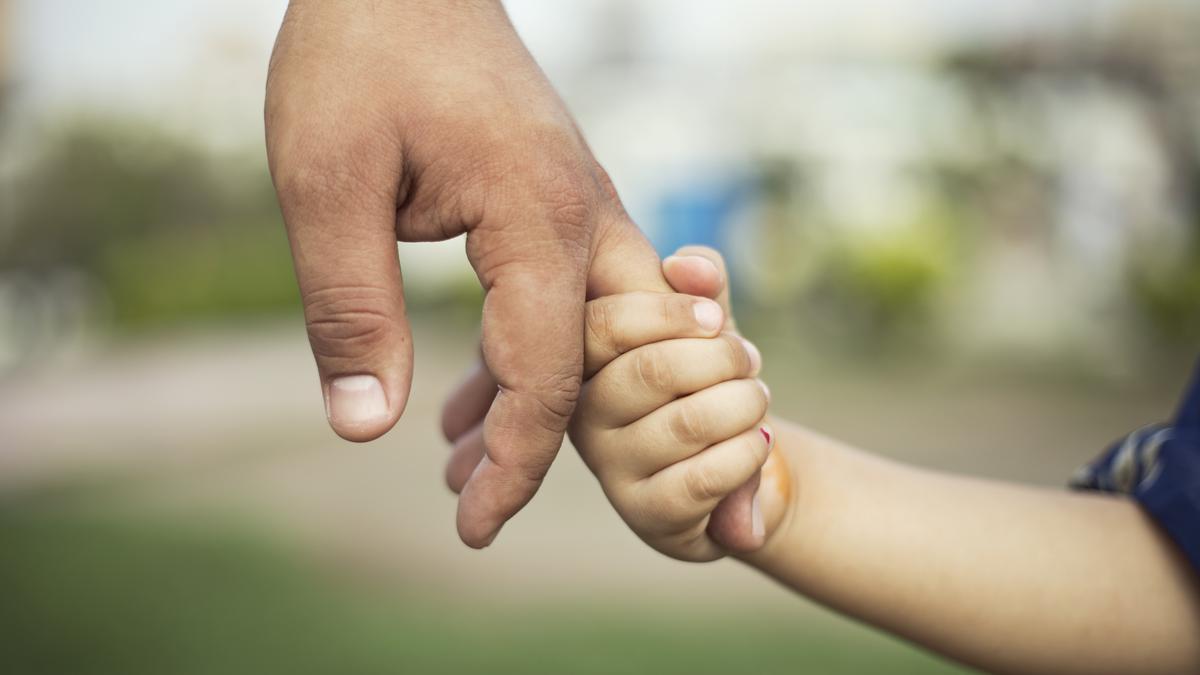



The Central Adoption Resource Authority (CARA) clarified that digitally certified adoption orders sent via e-mail are legally valid, removing the requirement for hard copies. This clarification, addressing confusion around Regulation 13(8) of the Adoption Regulations, 2022, aims to streamline adoption procedures for agencies and adoptive parents across India, ensuring smoother transitions and uniform implementation.

Copyright infringement not intended
Picture Courtesy: THE HINDU
The Central Adoption Resource Authority (CARA) stated that adoptive parents no longer need physical, "hard copies" of their adoption orders. A digitally certified version, sent by email, is legal and sufficient.
It is an autonomous and statutory body of the Ministry of Women and Child Development.
It was set up in 1990, and received the statutory body under the Juvenile Justice (Care and Protection of Children) Act, 2015.
It acts as the main national body that monitors and regulates all adoptions of Indian children, both within India and by people from other countries. It makes sure adoptions happen legally and correctly.
|
What is the Hague Convention? The Hague Convention on Inter-country Adoption is an international agreement that sets rules for adoptions between different countries. India ratified this convention in 2003. CARA acts as India's "Central Authority" for these international adoptions, it handles all the procedures for foreign nationals adopting Indian children, following the Hague Convention's guidelines. |
Hindu Adoption and Maintenance Act (HAMA), 1956 => Applies to Hindus, Buddhists, Jains, and Sikhs. Under HAMA, people from these religions can legally adopt a child.
Guardians and Wards Act (GAWA), 1890 => For people who are not covered by HAMA (like Christians, Muslims, Parsis, and Jews), this law applies. However, GAWA only grants guardianship of a child, not a full adoption. Child does not get all the legal rights of a biological child, such as inheritance, like they would under HAMA.
Juvenile Justice (Care and Protection of Children) Act, 2015 => CARA largely utilises this Act to manage the adoption of "orphaned, abandoned, and surrendered" children through its recognized adoption agencies.
They must be physically, mentally, emotionally and financially capable, shall not have any life threatening medical condition and they should not have been convicted in criminal act of any nature or accused in any case of child rights violation.
Any prospective adoptive parents, irrespective of their marital status and whether or not they have biological son or daughter, can adopt a child subject to following, namely:-
No child shall be given in adoption to a couple unless they have at least two years of stable marital relationship (except in the cases of relative or step-parent adoption).
Must Read Articles:
Supreme Court scrutinizes India's adoption backlog
Adoption of children with special needs in India remains low
Source:
|
PRACTICE QUESTION Q. Consider the following statements about the Central Adoption Resource Authority (CARA): 1. It is an autonomous and statutory body under the Ministry of Women and Child Development. 2. It functions as the nodal body for regulating only inter-country adoptions of Indian children. 3. It derived its statutory status from the Juvenile Justice (Care and Protection of Children) Act, 2015. How many of the above statements are correct? A) Only one B) Only two C) All three D) None Answer: B Explanation: Statement 1 is correct: CARA is an autonomous and statutory body under the Ministry of Women and Child Development. It was established in 1990 as an autonomous body and later gained statutory status. Statement 2 is incorrect: CARA functions as the nodal body mandated to monitor and regulate both in-country and inter-country adoptions of Indian children. Statement 3 is correct: CARA attained its statutory status through Section 68 of the Juvenile Justice (Care and Protection of Children) Act, 2015. |




© 2026 iasgyan. All right reserved